RIYADH: In a new age of space exploration, Saudi Arabia is becoming a regional leader in space, with its astronaut program and opportunities for research in aerospace medicine opening new opportunities for medical professionals, an expert has said.
In an interview with Arab News, Dr. Farhan M. Asrar, a professor of family and community medicine at the University of Toronto and a collaborator with the ISS Immunoprofile Study in conjunction with the Canadian Space Agency and NASA, said: “Saudi Arabia is becoming a regional leader in space and its astronaut program needs space medicine to help support the program, and introducing such field in the Kingdom will help it rely on its own developed expertise and resources.”
Space medicine is an interdisciplinary and multidisciplinary branch of medicine that looks at managing human health in space, and ensures adequate health for those living and working in space, catering to the unique challenges of space flight, said the professor, adding: “Space medicine encompasses the physiological changes, study or research, prevention, diagnosis, treatment, and management of medical concerns in space.
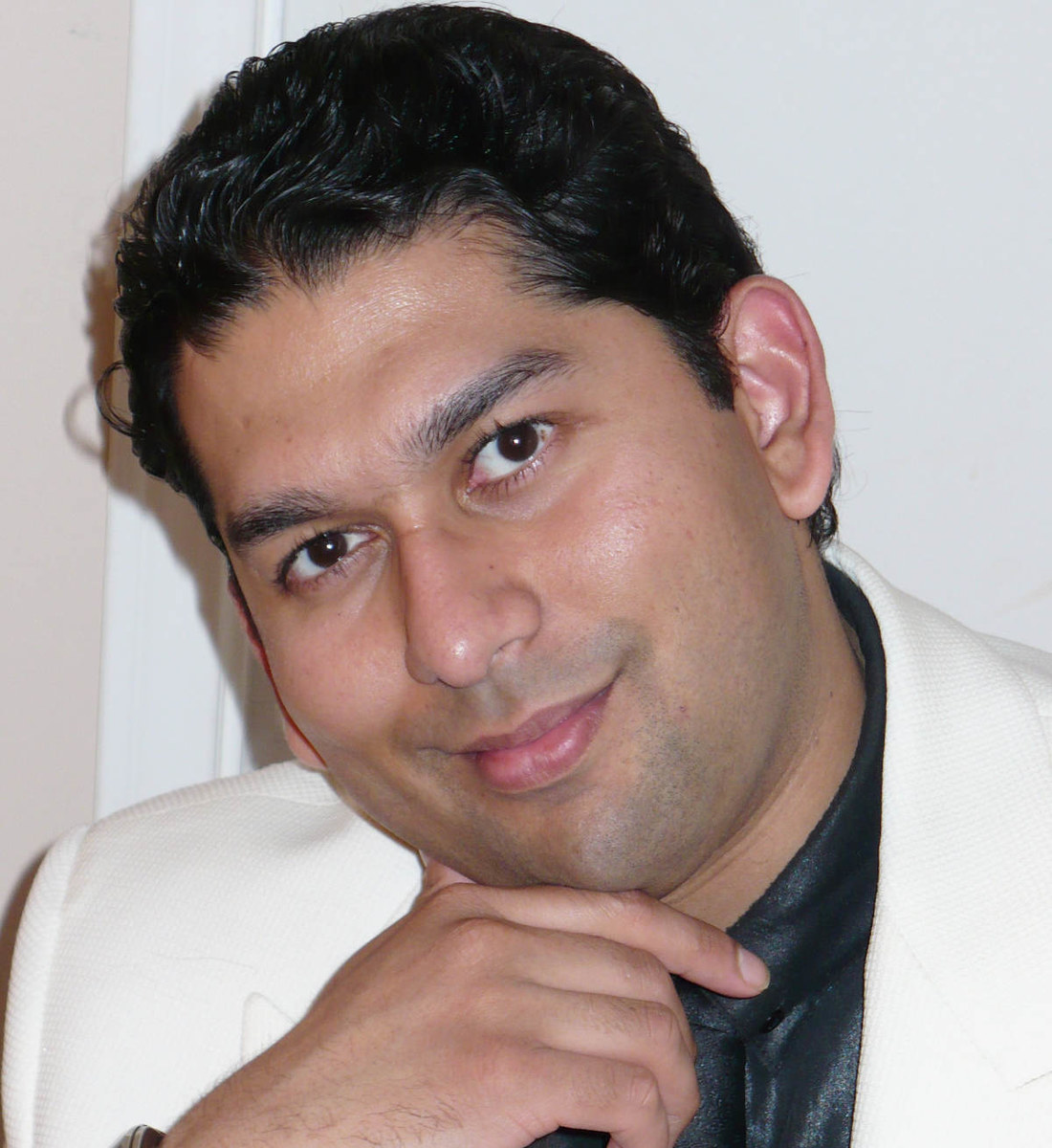
Farhan M. Asrar, University of Toronto medical professor
“Managing health is key to get the green light for astronaut space missions. Even if you can ensure that you have the best technology, the best rocket and other measures on the planet, no astronaut mission will get approved if you have not addressed the health aspects, safety and risks of the mission,” said the professor.
“Something like this has not been done before in the Kingdom and the Gulf states, thus such initiatives will be a first for the region,” he said.
“One will notice a number of Saudi universities or institutions that organized events and initiatives related to space but those so far there have been related to engineers, communication and satellites, business and astronomy, but not in health. They have some space health and physiology-related research projects that have been conducted with the astronauts but that is it and none have focused on space medicine as a whole,” he added.
HIGHLIGHTS
• Space medicine is an interdisciplinary and multidisciplinary branch of medicine that looks at managing human health in space.
• The practice of aerospace medicine goes beyond clinical care for crew members.
• The field will bring together engineers, policymakers, health professionals, nutritionists, and lawyers to work together.
Asrar said that developing and establishing space medicine and health does not mean the focus is only on doctors or health professionals.
The field will bring together engineers, policymakers, health professionals, nutritionists, and lawyers to work together on space medicine and health, he added.
Saudi Arabia’s two astronauts Ali Al-Qarni and Rayyanah Barnawi, who recently completed the Axiom 2 Space Mission, their 10-day successful trip to the International Space Station, conducted science operations and media outreach.
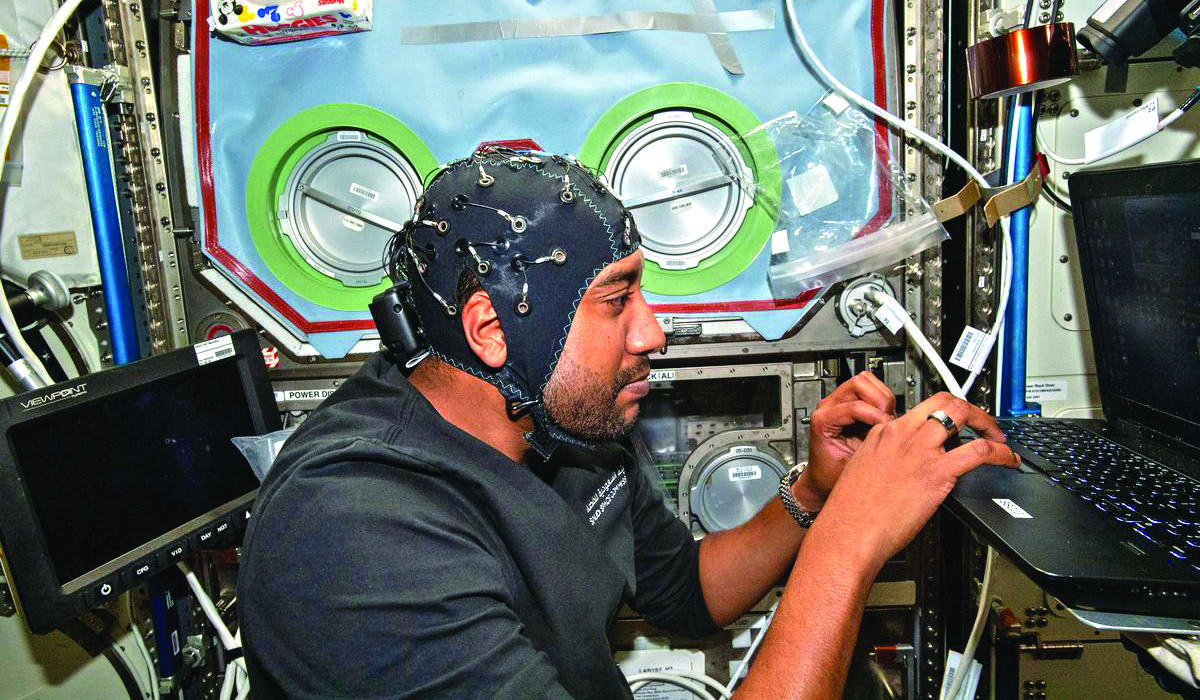
Astronaut Ali Alqarni measuring the effects of microgravity on the brain’s electrical activity, during the Ax-2 mission in May. (Twitter/AstroAli11)
Barnawi — the first Saudi woman in space and the first Arab woman on the ISS — conducted experiments into a wide range of nanomaterial therapeutic applications, such as drug delivery, tissue engineering and regenerative medicine. She also produced the first DNA nanomaterials on the ISS.
Al-Qarni and Barnawi also performed a test run of the DreamUp Nanoracks Space Kite payload, which will demonstrate the aerodynamic behavior of kites in microgravity.
Prince Sultan bin Salman became the first Muslim, Arab and Saudi to fly into space in 1985. Saudi Arabia has since made strides in the field, making significant investments in the space sector, launching over a dozen satellites into space — including locally made satellites — and collaborating with NASA and the space agencies of other countries, including Russia and the UK.
Space and space medicine is very relevant to all of Saudi Vision 2030’s three pillars: Vibrant Society, Thriving Economy and Ambitious Nation.
Farhan M. Asrar, University of Toronto medical professor
The various initiatives the Kingdom is undertaking will play a key role in the Kingdom’s Vision 2030.
Asrar told Arab News: “I have spoken to and had meetings with a number of physicians, leaders, faculty members and researchers from a number of universities in Saudi Arabia, as well as professionals from the Saudi Space Agency and the planned Saudi smart city NEOM.
“There are a number of additional leaders, educators, universities and physicians who continue to reach out to also set up meetings and discuss collaboration with me. So I have a number of upcoming meets as well,” he said.
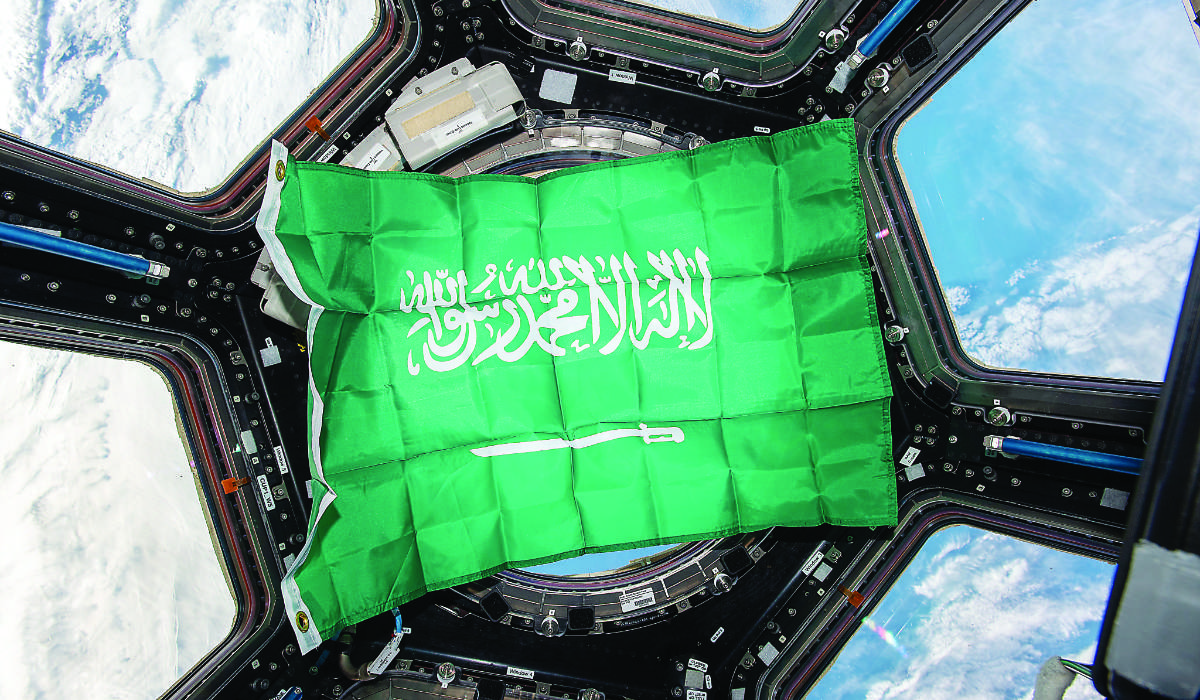
Saudi Arabia is aiming to be the leader in the GCC and also play key strategic and diplomatic roles and enhance its global partnerships and collaborations. (Supplied)
“I also welcome further opportunities for others to reach out to me and connect on this as well, whether it may be other universities, relevant ministries or even other upcoming major projects interested in space such as the ilmi Science, Discovery and Innovation Center in Riyadh or others,” he added.
Asrar told Arab News: “Space and space medicine is very relevant to all of Saudi Vision 2030’s three pillars: Vibrant Society, Thriving Economy and Ambitious Nation.”
Space as a whole has united Saudi Arabia and made it very proud of its achievements, with space medicine and health bringing a unique opportunity for the Kingdom to become a leader in the region, he said.
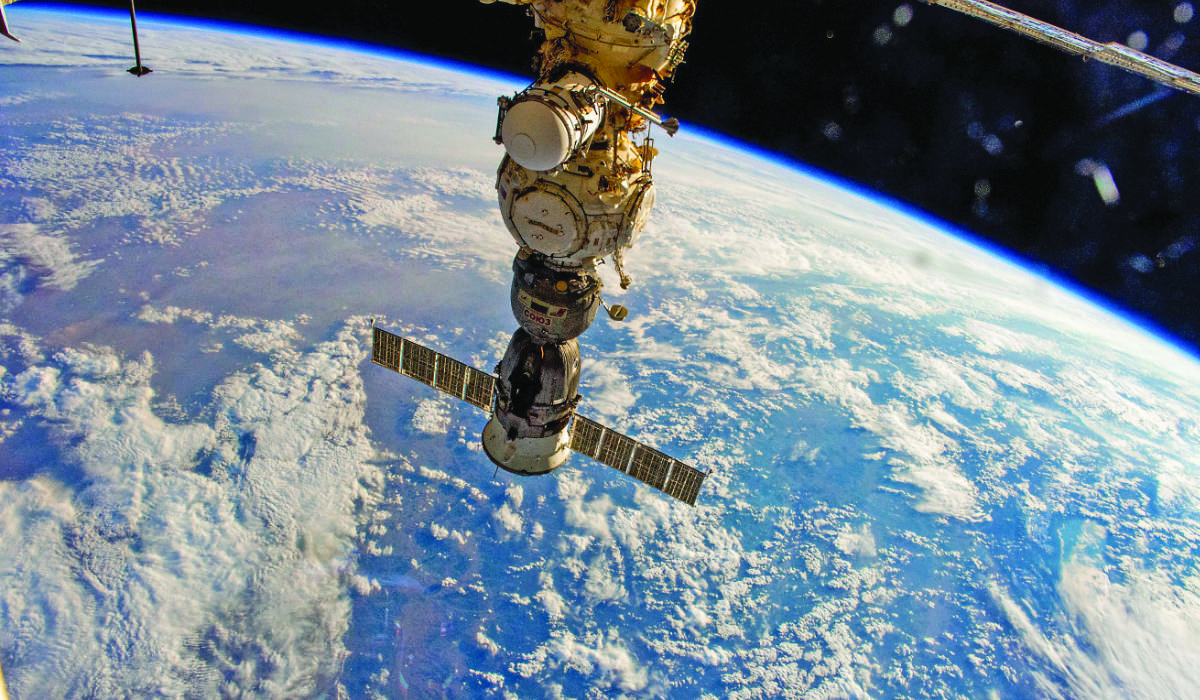
The practice of aerospace medicine goes beyond clinical care for crew members. (Supplied)
Additionally, healthy living, regular exercise and innovative medical approaches can be helpful to healthcare on Earth, supporting a good quality of life and well-being.
On a thriving economy, Asrar said that by bringing something unique, space medicine is developing into a new career focus and bringing the prospect of new lines of work for physicians, researchers and world-class talent.
“Saudi Arabia is aiming to be the leader in the GCC and also play key strategic and diplomatic roles and enhance its global partnerships and collaborations. Space medicine and health offers that opportunity to bring in something unique to the Kingdom and also the GCC, and thereby aims to make Saudi Arabia a leader in the region, and be among established leaders in the field,” said the professor.
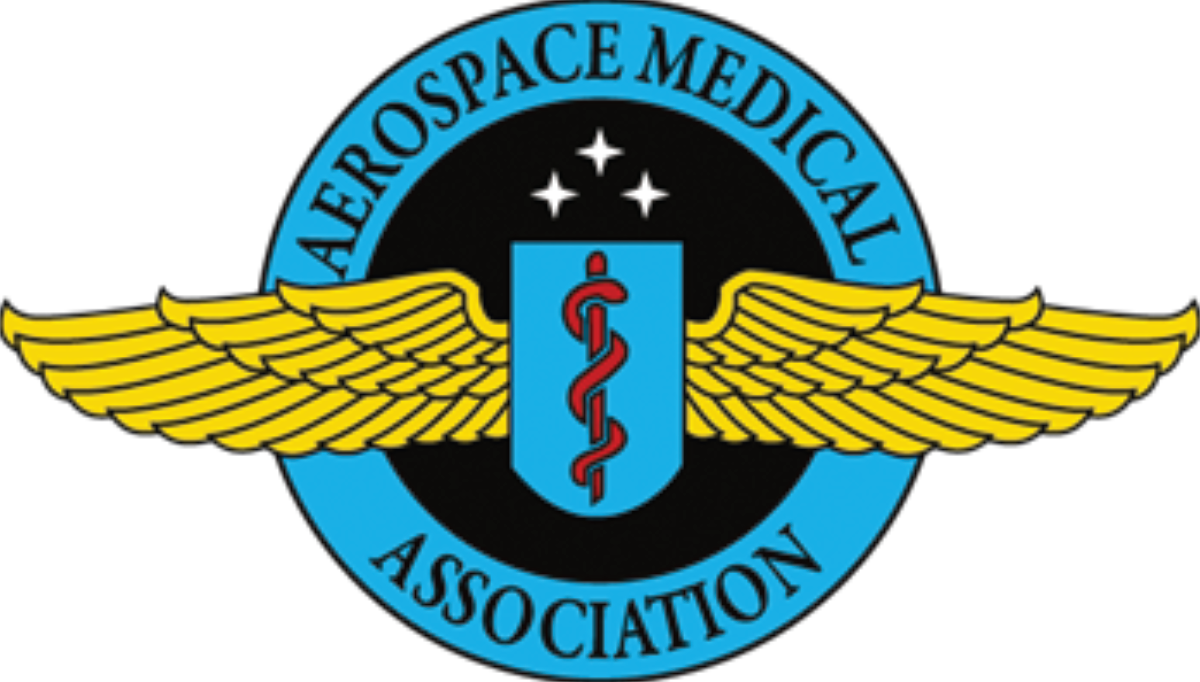
The Aero Medical Association was formed in the US in 1929 after the First World War accelerated advancements in aviation. (Supplied)
Asrar, a medical doctor, researcher and academic trained in a dual role of public health and preventive medicine, and family medicine, said he had over a decade of expertise in space sciences involving teaching, outreach, education, research, building partnerships and working with experts from universities, space agencies and organizations around the world.
He has held meetings and discussions with a number of physicians, researchers, educators, universities and space program personnel in Saudi Arabia about ways to collaborate on space medicine.
“There is an increasing interest with the faculty and universities interested in reaching out to me and discussing collaboration,” he said.
Though a relatively small field, aerospace medicine has existed for almost a century. The AsMA (known at its inception as the Aero Medical Association) was formed in 1929 after The First World War had accelerated advancements in aviation.
The practice of aerospace medicine goes beyond clinical care for crew members. Though only a small number of humans have experienced outer space, the impact of the space environment on their physiology can expand scientific knowledge for the general population back on Earth.




































